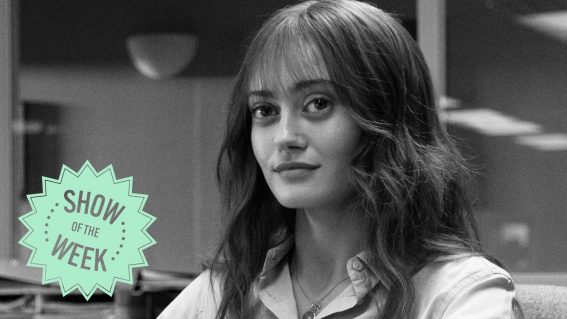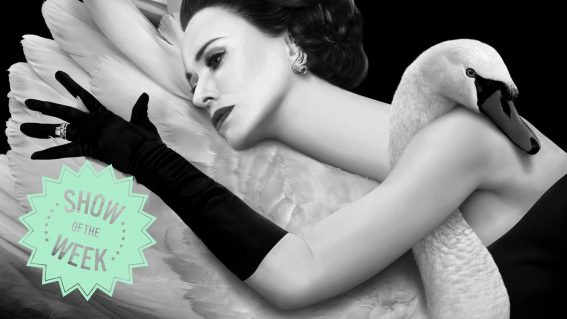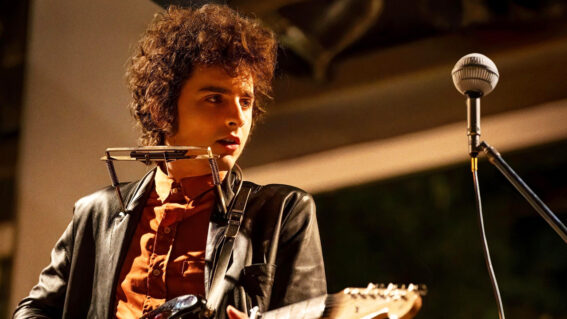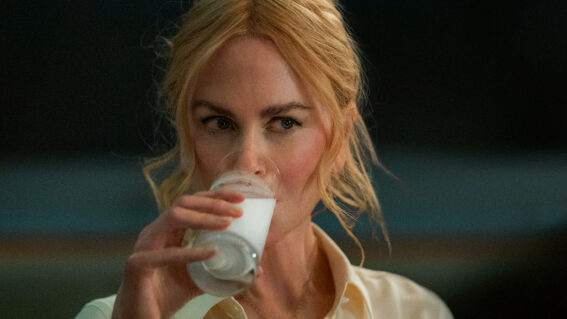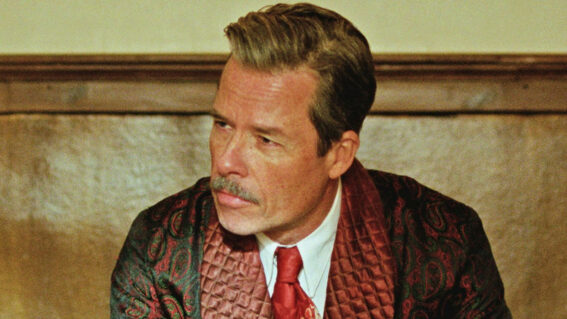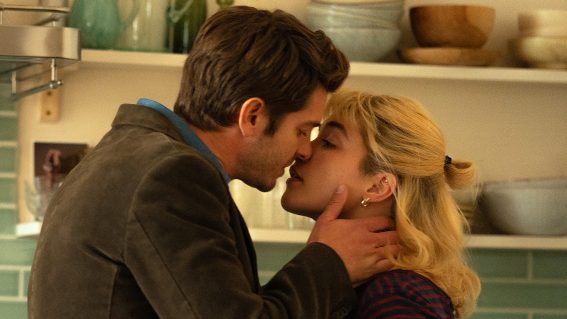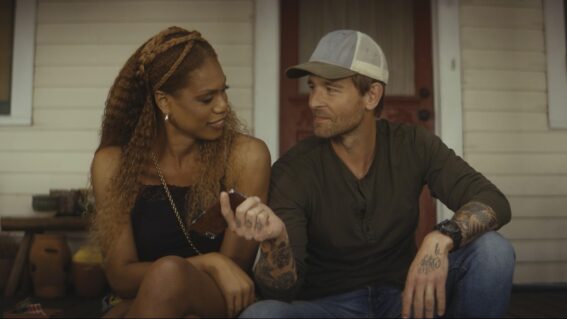Mary & George features Julianne Moore, a lot of sex, and a commendable number of orgies
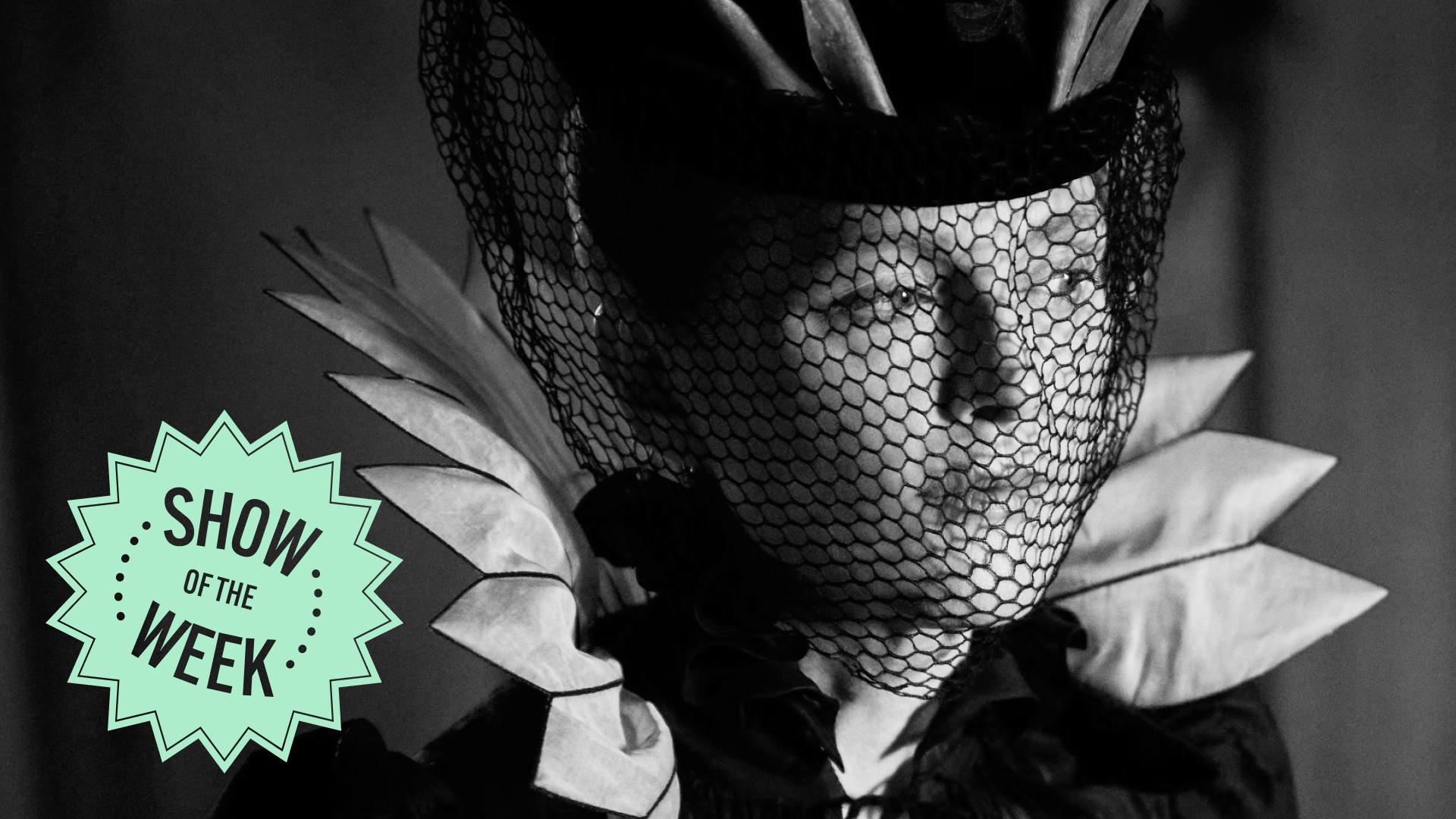
Clarisse Loughrey’s Show of the Week column, published every Friday, spotlights a new show to watch or skip. This week: Mary & George.
Shows like Mary & George have come before. And, undoubtedly, they will come again. You can blame writer Tony McNamara, whose script for Yorgos Lanthimos’s 2018 film The Favourite, and his signature series The Great, have singlehandedly transformed the way costume dramas look and move onscreen. Yet, out of all of television’s current trends, this is by far the most delectable. So, if it becomes the aim of every historical show to be sexy and rude, you certainly won’t find me complaining.
Granted, that’s a rather reductionist way to view McNamara’s work, which is not only exquisitely written, with a playful grasp on language and a sophisticate’s wit, but explores gender politics and the weaponisation of desire in smart and nuanced ways (he did, after all, also pen Lanthimos’s follow-up, the Oscar-nominated Poor Things). Mary & George has at least aimed for those goals, while most shows would merely stick to the sexy and rude. And, while it falls a little short, there’s something equally refreshing about the way it centres male beauty and queer male desire.
Adapted from Benjamin Woolley’s nonfiction book The King’s Assassin, and created by DC Moore, the show explores the life of George Villiers, 1st Duke of Buckingham (Nicholas Galitzine), a favourite and believed paramour of King James I of England/James VI of Scotland (Tony Curran). It’s presented as a pas de deux between George and his mother, Mary Villiers (Julianne Moore), said to have been born penniless, who clawed her way into the most intimate circles in the kingdom.
It’s exactly the sort of role that A-list talent like Moore crave, and which has become such a cornerstone of television—Mary is vicious and narcissistic, yet defined by her necessary capability for survival. She’s made to be both hated and understood, although there’s a vague feeling that a little too much of the series may be relying on the inevitability the internet will call her “mother”.
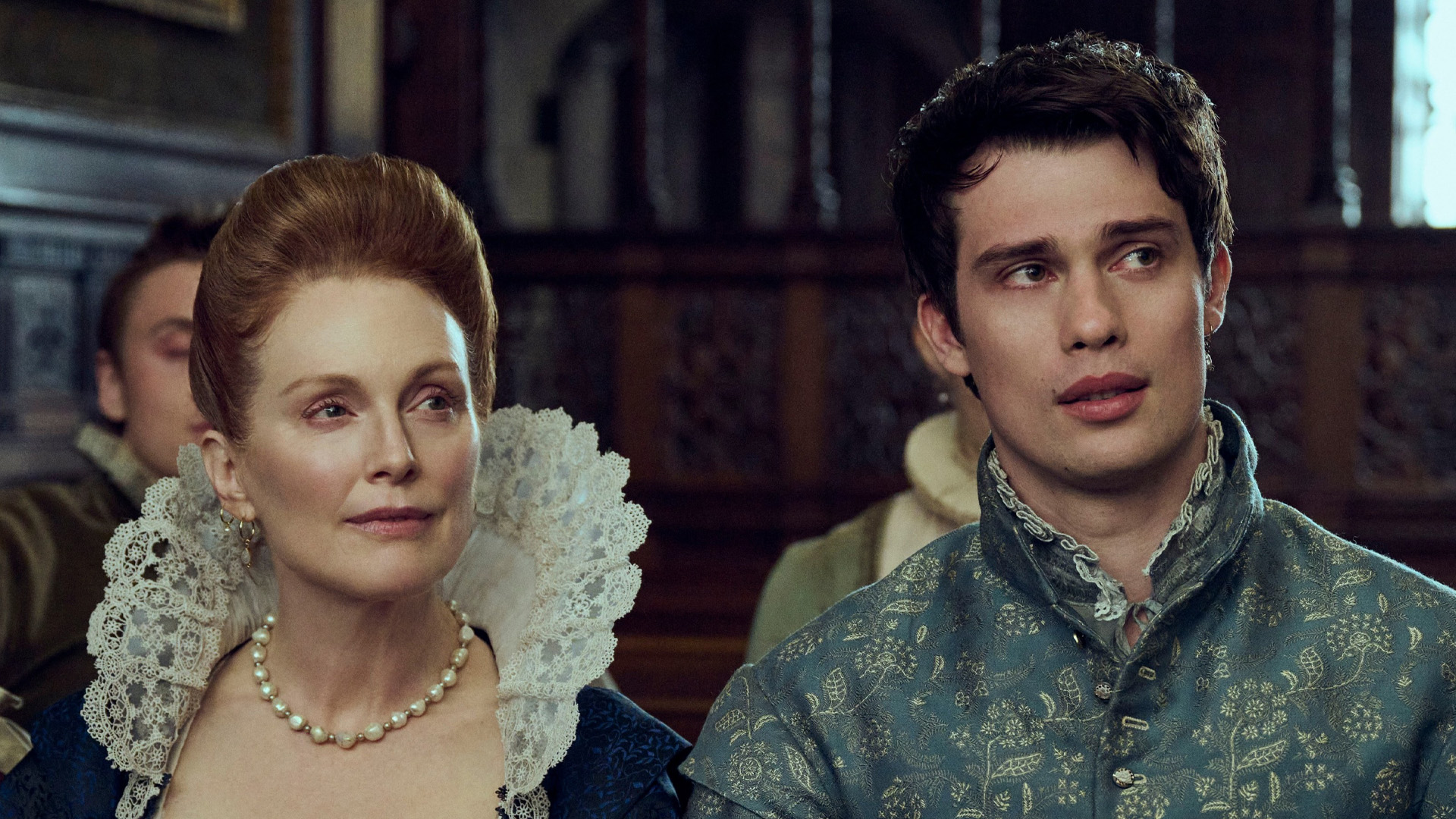
“If I were man and looked like you, I’d rule the f***ing planet,” she tells her son. But it’s here, one stratum below the camp one-liners, that the real texture of Mary & George lies. It’s a series with a lot of sex, and a commendable number of orgies, especially when poor George is packed up and sent off to France—where the real fun happens.
But it’s invested, too, in exactly how sex is used and traded for power. Mary teaches George that, not only can his chiselled jawline and angelic pout grab the attention of a monarch from across a throne room, but that, in the political sphere, where a miscalculated word can turn the tide of favour against you, it’s only in the bedroom that true equality can be achieved.
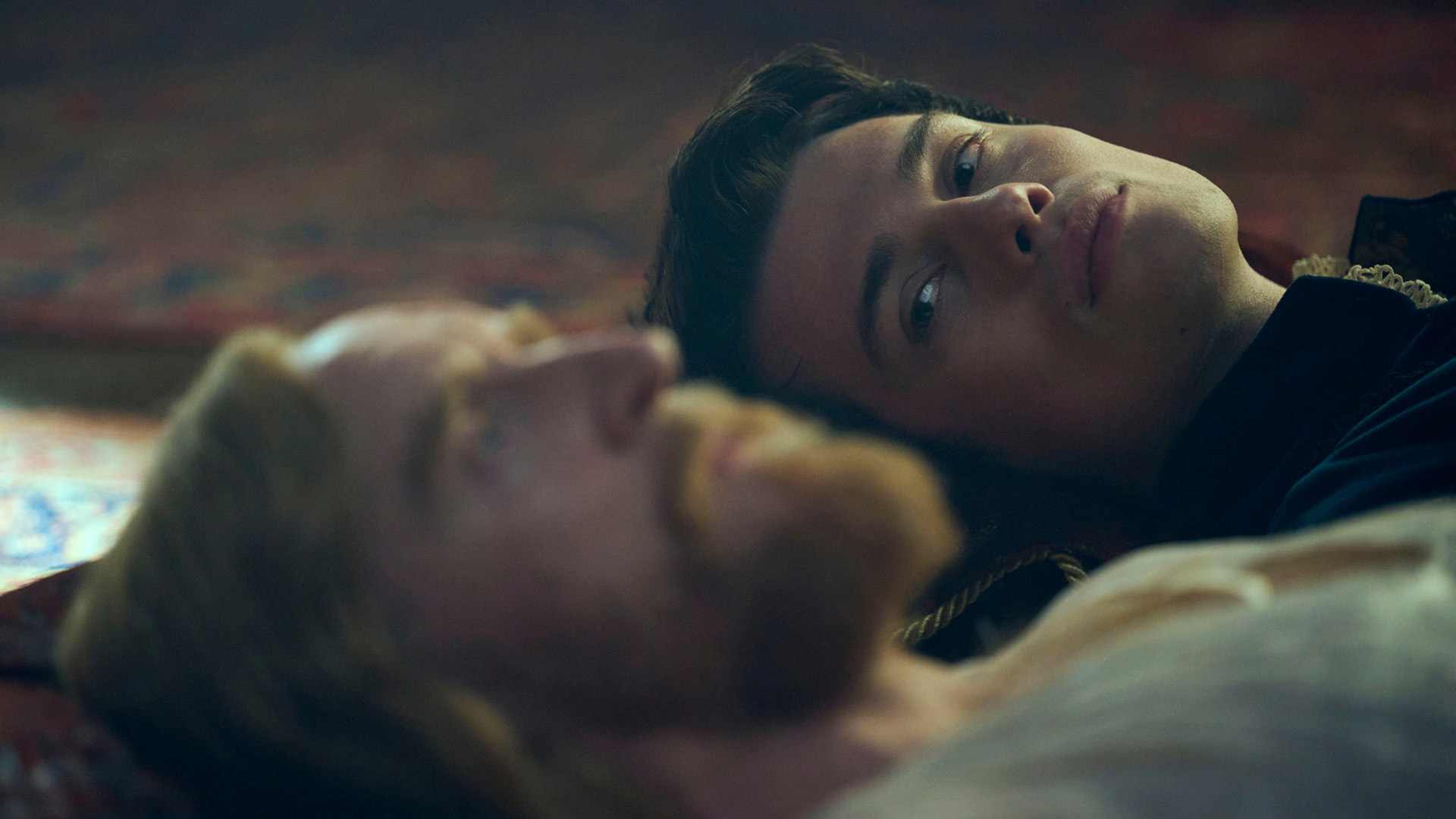
James, when he and George finally fall in bed together, is feverishly desperate to have his heart and body ruled by another. Mary takes a similar attitude in her dalliances with the brothel worker (Niamh Algar) she’s enrolled in her schemes. It’s as if the truly powerful, Mary & George suggests, secretly desire the relief of momentary surrender, to no longer act like the chess master forced to live five steps ahead.
It’s in that messy, dangerous realm that Mary & George mines its dramas: where sex isn’t just for physical gratification or the expression of love, but can be bought and traded like a coin, or sometimes, simply rolled out to pass the time. The series captures the idle hedonism of bored aristocrats, who leap around pretending to stab each other with violin bows or pretend to give birth to full-grown men, all in flagrant ignorance of a populace whose religious conflicts and rising dissatisfaction risk imminent civil war.
The series can’t come to any firm conclusion here, as genuine introspection would risk spoiling the fun of royals behaving badly. Instead, Mary & George resorts to the standard, but slightly rote, performance of feminine power, ending the whole run with a shot of Mary’s gaze locked right into the camera. Still, there’s more than enough here to prove that McNamara’s influence on the genre can only bring good things.



